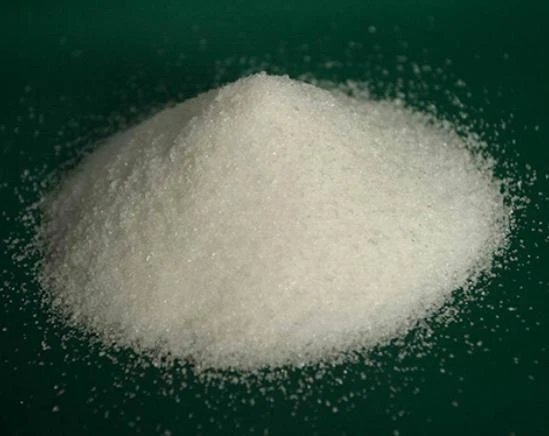corrosion scale inhibitor
Corrosion Scale Inhibitors Protecting Assets in Harsh Environments
Corrosion is a natural process that leads to the deterioration of materials, particularly metals, through chemical reaction with their environment. This phenomenon poses a significant challenge across various industries, including oil and gas, water treatment, and manufacturing, leading to considerable economic losses and safety hazards. To combat this issue, corrosion scale inhibitors have emerged as a vital tool, preventing or minimizing the impact of corrosion and extending the lifespan of equipment and structures.
Corrosion scale inhibitors are chemicals specifically designed to prevent the build-up of scale and the corrosion process itself. These inhibitors function by forming a protective layer on the surface of the metal, which isolates it from corrosive elements such as moisture and salts. They can also modify the properties of the corrosive environment to make it less aggressive towards the metal surfaces.
Types of Corrosion and Scale Inhibitors
There are various types of corrosion that can occur, including uniform corrosion, localized corrosion, galvanic corrosion, and stress corrosion cracking. Each type may require a different approach to mitigation, underscoring the importance of selecting the right inhibitor. Inhibitors can be classified into several categories
1. Anodic Inhibitors These increase the polarization resistance at the anode, which reduces the rate of anodic reactions (where oxidation occurs). They often work by forming a protective oxide layer on the metal's surface.
2. Cathodic Inhibitors These limit the cathodic reaction (where reduction takes place) in the corrosion process. These inhibitors function by suppressing the reduction of oxygen or hydrogen ions, effectively slowing down the overall corrosion rate.
3. Mixed Inhibitors These impact both anodic and cathodic reactions, providing a more comprehensive solution against corrosion.
4. Organic Inhibitors Typically derived from organic compounds, these inhibitors offer effective protection by adsorbing onto metal surfaces, thus providing a barrier against corrosive agents.
5. Inorganic Inhibitors These consist of inorganic materials, such as phosphates and chromates, which can either create a physical barrier or change the pH of the surrounding environment.
Application of Corrosion Scale Inhibitors
corrosion scale inhibitor

The application of corrosion scale inhibitors is widespread in many industries. In the oil and gas sector, inhibitors are crucial in preventing scale build-up in pipelines and equipment subjected to extreme conditions. Similarly, in power generation, water treatment facilities need these chemicals to ensure that boilers, cooling towers, and other equipment remain operational and efficient.
In the manufacturing industry, corrosion can lead to equipment failures and safety hazards. By using corrosion scale inhibitors, manufacturers can reduce maintenance costs and downtime while increasing the efficiency and reliability of their operations.
Benefits and Considerations
Utilizing corrosion scale inhibitors provides a host of benefits, including
- Cost-effectiveness By preventing corrosion, companies can save significantly on repair and replacement costs.
- Enhanced safety Reducing the risk of equipment failure directly contributes to a safer working environment.
- Environmental protection Proper use of inhibitors minimizes the risk of corrosive materials entering the environment, aiding in compliance with environmental regulations.
However, it is essential to consider the potential environmental and health impacts of certain inhibitors, especially those that are toxic, such as some heavy metals found in older formulations. The industry is increasingly shifting towards greener alternatives that minimize harmful effects.
Conclusion
Corrosion scale inhibitors play a fundamental role in safeguarding assets from the detrimental effects of corrosion and scale accumulation. By understanding the various types of inhibitors and their applications, industries can select the most effective solutions to enhance operational efficiency and extend the life of their equipment. As technology advances, the development of safer and more environmentally friendly inhibitors will continue to shape the future of corrosion prevention strategies. In the ongoing battle against corrosion, scale inhibitors are not just protectors; they are key enablers of industrial progress.
-
Water Treatment with Flocculant Water TreatmentNewsJun.12,2025
-
Polymaleic AnhydrideNewsJun.12,2025
-
Polyaspartic AcidNewsJun.12,2025
-
Enhance Industrial Processes with IsothiazolinonesNewsJun.12,2025
-
Enhance Industrial Processes with PBTCA SolutionsNewsJun.12,2025
-
Dodecyldimethylbenzylammonium Chloride SolutionsNewsJun.12,2025





